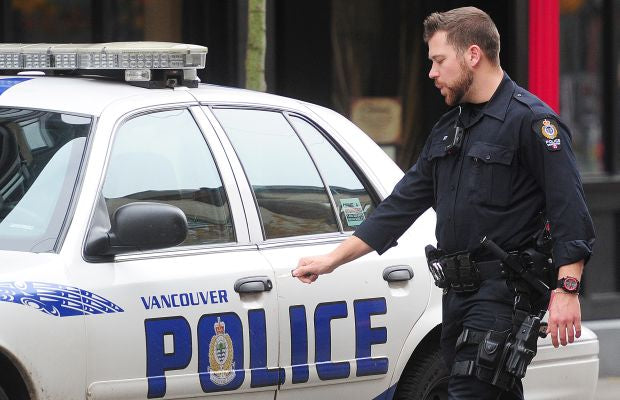Legal Limits on Drinking and Driving in Canada

An average of 1,500 Canadians are killed and 63,000 are injured in traffic accidents related to drunk drivers annually. This is a serious health epidemic.
The amount of alcohol in your body is measured by the amount of the alcohol in your blood. This is called blood alcohol concentration, or BAC. Once you take a drink, there is no way to guess what your BAC is without a breathalyzer. It is the only instrument that can use conveniently and easily to give you an unbiased estimate of your alcohol level.
In Canada, the blood alcohol content (BAC) limit is 0.08%. This is the level at which Criminal Code impaired driving charges can be laid. This is the standard in all provinces and territories. If you are convicted on a first offence, you have to pay a significant fine and your driver’s licence is automatically cancelled for one year. In addition, first offenders must submit to a mandatory summary assessment of their behaviour, administered in a special centre, to determine whether their drinking habits are compromising their ability to drive safely. If the assessment is unfavourable, they must undergo a comprehensive assessment.
It’s important to note here that just because you are under 0.08% BAC, doesn’t mean you are OK to get behind the wheel. Intoxication begins with the very first drink. You should never drink and drive, no matter how much you've consumed. You can be impaired and arrested even if you BAC is under 0.08%.
Most of Canada’s jurisdictions have recognized this, in fact, by implementing related, but lesser charges for drivers found to have BAC levels under 0.08%. Most jurisdictions will temporarily suspend a driver's license should their alcohol level exceed 0.05% BAC. In Saskatchewan, drivers with a BAC of 0.04% or greater will face immediate license suspension.
In Alberta, drivers with a BAC of 0.05 - 0.08% face immediate license suspension and three day vehicle impoundment. Other provinces have similar fines and suspension programs. Additionally, once convicted of DWI, a driver must register for an alcohol education course, and is required to pay a series of fees, and could face vehicle impounding or jail time.
In Quebec, if you blowing an exceedingly high BAC, 0.16% or higher, you face higher fees, more strict suspensions, and must submit to a mandatory alcohol and drug abuse risk assessment and behavior analysis.
Refusal to give a breath sample at the scene of the arrest results in the same consequences as blowing above 0.08%. Police officers many times will still charge you with impaired driving.
If driving on a probationary or learner's permit, or under the age of 22, you cannot consume any alcohol if you plan to drive. If you are caught in this situation, your lisesne will be suspended, and you musit restart the current stage of your graduated license. In addition, four demerit points will be entered on your driving record.
Drink Smarter
Commercially available breathalyzers are the most reliable way to measure your BAC. BACtrack's breath testing devices are lightweight, portable, and accurate. The BACtrack Professional Series Breathalyzers use Xtend® Fuel Cell Sensors; the same technology law enforcement officers use for roadside testing. Unlike charts, calculators, or rules, these devices don't use generalizations--they are totally personal to you; using your breath to estimate your BAC. No other method is quite so fast, convenient and reliable.
Know where you stand and make an informed decision today with a BACtrack.
References:

